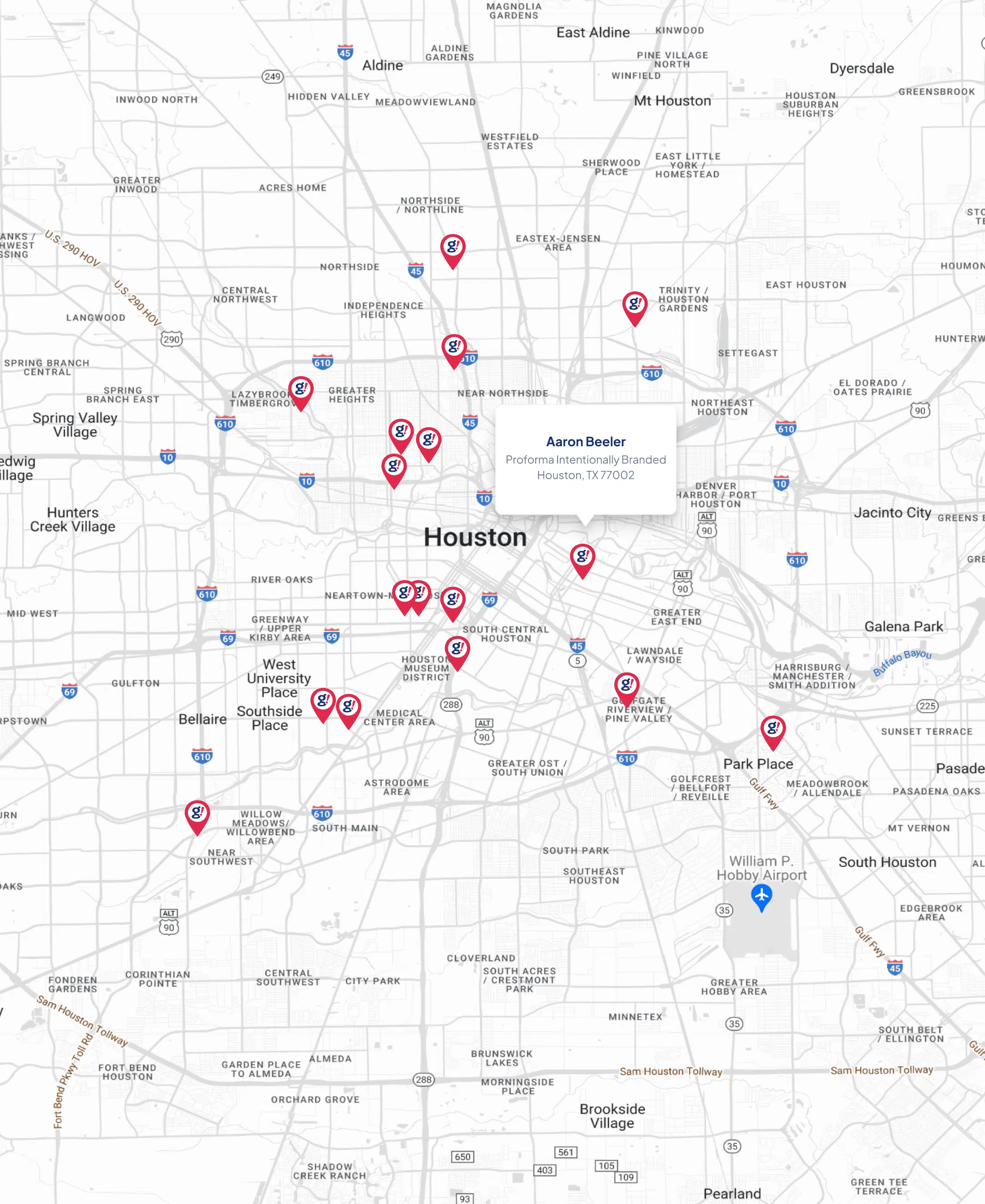Do You Really Need a Self-Hosted WordPress Site?
- Updated on: 2020-06-01
- Read original article here

Chris was excited about starting her WordPress blog. She had just attended a local WordCamp, where she spent two days immersed in all things WordPress.
She couldn’t believe all the various ways WordPress could be used!
Ecommerce, social networking site, writing, business, photography blogs; there didn’t seem to be anything that WordPress couldn’t do.
She spoke with speakers and other attendees about her own goal: to have a website where she could write about her favorite things, hobbies, and travel.
She had never worked with WordPress before, but everyone encouraged her to set up her own self-hosted WordPress site. You can do it!
After the WordCamp, she bought web hosting and multiple domain names.
She spent more than 20 hours watching a YouTube series on installing and setting up your own self-hosted WordPress site.
And visited other sites recommended in the series, to read articles about working with WordPress.
While Chris didn’t understand everything discussed in the videos or in the WordPress articles, she took careful notes, figuring it would all make sense once she started setting up her own site.
Based on the recommendations in the videos, she bought a premium framework, premium theme, and a couple premium plugins.
She struggled to install the framework, themes, and plugins, but researched their online documentation and managed to get through.
And then she added another dozen free plugins recommended by the authors of the YouTube series.
By then, Chris had already invested a month of her time getting her website set up and trying to understand WordPress. And invested a few hundred dollars in hosting, domain names, framework, plugins, and theme.
Remember, the reason she wanted a WordPress site was so she could publish her writing.
I met Chris when she contacted me via email, asking about WordPress training.
I asked her about her goals and her site. Listened as she shared with me her story about learning WordPress and setting up her site. I congratulated her on all her work and learning.
And asked her to provide me a list of the 10 things she wanted to learn about WordPress on her site. We scheduled a two-hour in-person training session.
When we met, I watched as Chris logged into her site.
Using a method that worked, but wasn’t the typical way someone logs into a WordPress site. It was more difficult and confusing.
As I reviewed the dashboard and how she had configured her site, the framework, theme, and plugins, Chris asked me questions.
It turned out that Chris had set up WordPress, but had gotten caught up in all the configuration details and not knowing what information she should add.
At the end of our training session, we had updated her site settings, discussed security, backups, how to use JumpChart to plan and organize her site, the Customizer, the difference between Pages and posts, categories and tags, and discussed her writing.
Chris was happy to get her questions answered.
And talked again about her excitement to get started writing. I couldn’t help but wonder about another option that would better fit Chris’s goal.
She thanked me for the training session, wrote down items she planned to work on, and told me she would share her first blog post with me soon.
A month later, Chris contacted me. She had more questions about WordPress. Could we schedule another training session?
Sure, I replied. We scheduled a time and she sent me her questions before our meeting. When we met, I asked Chris, “How’s your writing going?”
She replied, “Deborah, I really like using Jumpchart, it’s helped me to organize my thoughts. I have two blog posts written there. But I’m still having issues on my website.”
I replied that all the various choices and options could get overwhelming.
And that’s when I asked her how much time she wanted to spend with WordPress.
Did she want to spend time updating/maintaining the framework, theme, and plugins, or did she want to focus on her writing?
I responded, “I have another option for you that I believe is a better fit.
Have you considered hosting your site on WordPress.com?”
I explained how WordPress.com would allow her to focus on her writing, while taking care of the technical aspects of maintaining her own website.
After I showed her the WordPress.com site, the different plans offered, my recommendation for the Premium plan, I asked Chris, “How does that sound?”
Chris replied, “That’s a lot better than dealing with all of this. I like the idea of using WordPress, but I don’t want all this other work on my shoulders.
I’m capable of working with the technology, but I want to focus on my writing. Not how to set up and maintain WordPress.”
I showed her some of the sites I created on WordPress.com for my clients: Canton Goodfellows and K & N Automotive.
She was impressed with the professional look of the sites and how easy it was to navigate the sites.
We finished our training session, with me explaining the additional benefits of setting up her site on WordPress.com. Based on our previous training session, I had planned for this option.
I shared a list of WordPress.com resources with Chris and told her I was available for other questions.
WordPress offers a lot of options for people who want to blog or create a website. Thousands of themes and plugins can make it overwhelming for anyone setting up a self-hosted WordPress site.
I often compare self-hosted WordPress to a candy store, with thousands of candies. Selecting candy can be overwhelming; it’s a lot easier with a smaller candy store that doesn’t have so many options.
If you have the simple goal to publish your writing, share your photography, or have a website for your small business without having to deal with the maintenance and updating of themes/plugins, WordPress.com is an option to consider.



